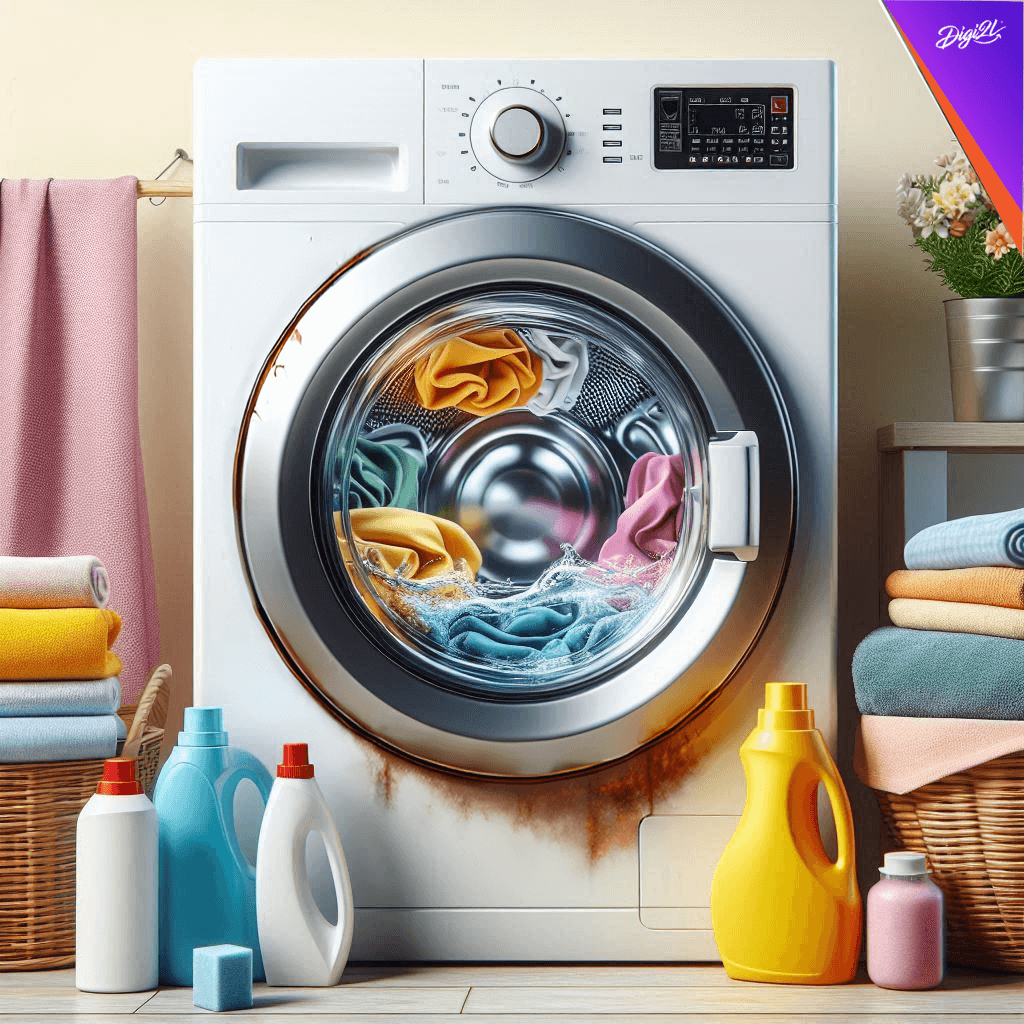
Please Wait ...


Blogs> Debunking the Dilemma: Is Home Appliance Insurance Worth the Cost?

Home appliances have become indispensable parts of our daily lives, making our routines smoother and more efficient. Yet, these modern marvels are not immune to wear and tear, and breakdowns can catch us off guard. In such moments, the question arises: Is home appliance insurance worth the cost? In this blog, we’ll delve into the pros, cons, and considerations surrounding this intriguing dilemma.
The Pros of Home Appliance Insurance
Peace of Mind: Home appliance insurance offers a safety net that provides peace of mind, knowing that unexpected breakdowns won’t derail your daily life or budget.
Financial Protection: When an appliance unexpectedly falters, the repair or replacement costs can be significant. Insurance can help cushion this financial blow, making sure you’re not left with a hefty expense.
Convenience: With appliance insurance, you can often get swift repair services or replacements, minimizing the inconvenience of living without essential devices.
Predictable Budgeting: Monthly or annual premiums allow you to budget more predictably, avoiding the sudden financial strain that comes with unforeseen appliance failures.
The Cons of Home Appliance Insurance
Cost of Premiums: One of the most significant considerations is the cost of insurance premiums. These ongoing payments can accumulate over time and might exceed the potential repair or replacement costs of your appliances.
Limited Coverage: Policies may have limitations on the types of breakdowns covered, age of appliances, or specific conditions that must be met before a claim can be approved.
High-Value Appliances: Insurance might make more sense for high-value appliances that are expensive to repair or replace. For lower-cost items, the cumulative cost of premiums might outweigh the potential benefits.
Considerations Before Deciding
Appliance Age and Condition: Older appliances are more likely to experience breakdowns, making insurance more appealing. Newer, well-maintained appliances might not require immediate coverage.
Financial Stability: Evaluate your financial stability. Do you have savings set aside for potential repairs or replacements? If so, insurance might be redundant.
Usage and Reliance: If you heavily depend on specific appliances, like a refrigerator or washing machine, insurance could be more valuable to ensure minimal disruption.
Personal Risk Tolerance: Some individuals are more risk-averse and find comfort in having insurance coverage. Others prefer to handle potential expenses on a case-by-case basis.
In the end, the decision of whether home appliance insurance is worth the cost hinges on your individual circumstances. Assess the value of your appliances, your financial situation, and your comfort level with risk. Home appliance insurance can indeed provide peace of mind and financial security, particularly for those who heavily rely on their devices. However, for others, it might be more cost-effective to set aside savings for potential repairs or replacements. As with any insurance decision, careful consideration and a thorough understanding of the terms are key to making an informed choice.
Image by upklyak on Freepik

By Digi2L - June 8, 2024

By Digi2L - June 7, 2024

By Digi2L - June 6, 2024